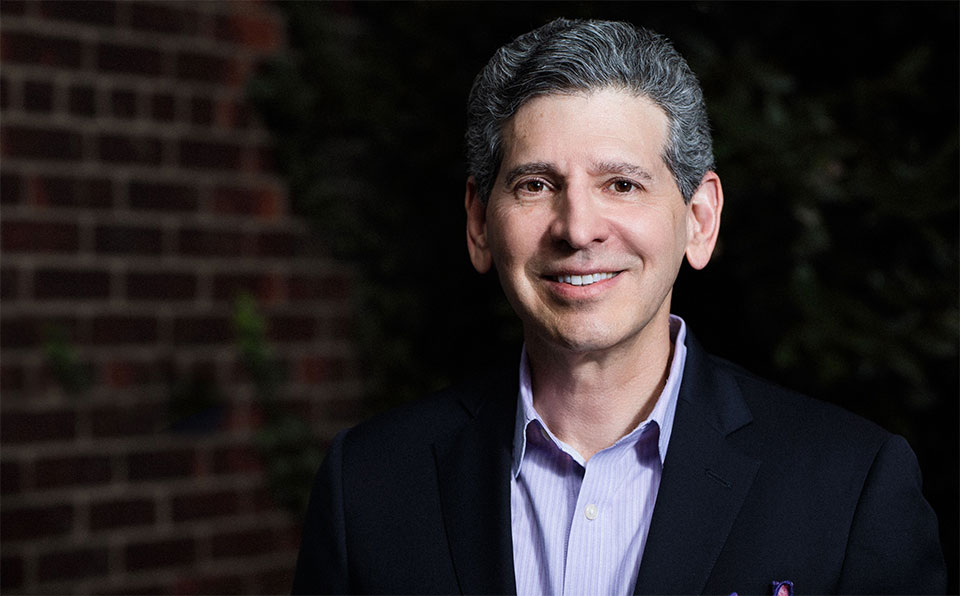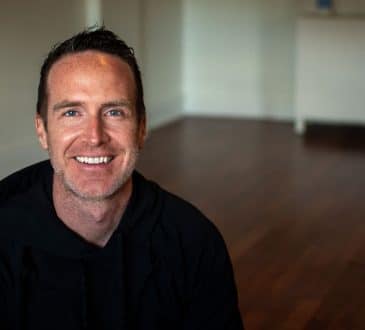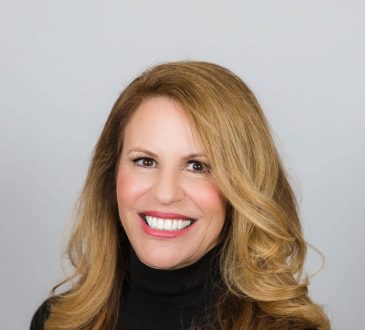There Are Two Sides to Optimism: The Wrong Side Might Be Hurting Your New Business Pursuits

This will surprise no one: People who work in sales or business development should be optimists. They should believe that they and their teams will be successful, even when facing stiff challenges from competitors, the economy, global politics, or a pandemic.
This willingness to persist pays dividends when facing the reality that confronts all in these roles: They are going to lose lots of times. They won’t close every sale. They won’t win every pitch. It’s like the reality of a baseball player. Even a .300 hitter is going to fail seven out of 10 times.
In the world of professional services, losing many more bids than you win seems to be an acceptable outcome. We’ve spoken with business development teams at hundreds of firms. Many are delighted with annual win rates of 30% or even 20%. One “black cape” architect, who’s the sole principal of a sizable firm in Southern California, told me that, in an average year, his firm wins 10% of the time. And a good year for the profession is a win rate of 25%.
Why the acceptance of low win rates, or as I prefer to view it, high losing rates? Especially when the sales or business development function is so heavily populated with optimists? Does their optimism actually prevent them from aspiring to much higher win rates? Does it create blind spots that make it difficult to investigate and implement the changes required in business development strategy and tactics in order to win more often?
After nearly 30 years of consulting on the most important new business pursuits of our clients, I’ve seen what many psychologists have suggested: There’s a right kind and a wrong kind of optimism. And the wrong kind of optimism is a tremendous impediment to improving win rates, growing revenue, generating a better ROI on business development activities, and building motivated and fulfilled teams.
I see two major problems that are related to – if not caused by – the wrong kind of optimism.
Too Many Unnecessary Pursuits
Optimism can lead teams to pursue opportunities that, in the cold light of reality, they have no real chance of winning. Have you been in meetings to discuss RFQs or RFPs you’ve received, where it’s apparent that:
- You have no prior relationship with the prospect.
- Your experience in the category or with the type of project won’t be as strong as other firms that are likely to bid.
- You’re stretched nearly to the breaking point with other pursuits or priority client work.
- The timing to turn around your submissions is incredibly tight and will either jeopardize other work or lead to tremendous stress for the team.
Have you been in meetings where, despite any (or all) of the above, there are voices in the room saying,
“Yeah, but we can win this! We can do a great job with the solution, write a great proposal, do a great presentation! It’ll be hard but when we win it’ll be worth it!”
I know this is an extreme case (although I’ll bet you’ve been there more than once). So how about this: You’re not stressed or stretched. Let’s take that out of the equation. And let’s stipulate that you have decent qualifying criteria to judge the important aspects of the opportunity. Then, does this sound familiar?
“I know this opportunity falls short of our qualifying criteria. We don’t know the budget or the competition. But I’m not sure when they’ll do another RFP. So let’s pursue it! Remember: You miss 100% of the shots you don’t take!”
In both cases, the optimism in the room has driven the team to take on a pursuit that it likely won’t win. And that’s a poor use of resources.
Unwillingness to Change How You Pursue
Psychologists have written about dispositional optimism. Angela Duckworth, author of Grit: The Power of Passion and Perseverance, and co-host of the excellent podcast “No Stupid Questions,” describes this as “a feeling tomorrow will be better.”
I believe this kind of optimism is pervasive in sales and business development, particularly if individuals lack the essential Emotional Intelligence characteristic of self-awareness. And it leads to the belief that if we keep doing what we’ve been doing, we’ll win our fair share of pursuits.
I guess that works, if you consider 20% to be your fair share.
If influenced by dispositional optimism, the team will continue to pump out communications, proposals and presentations that follow their formula. They won’t challenge that formula, or their strategies or their tactics. They won’t do a deep audit of their activities. Maybe most troublesome, they won’t press for feedback on the real reasons they lost or won.
I’ve seen this over and over. When pressed on it, there’s plenty of justification. Maybe they blame the prospect for being unable to make a smart decision. Maybe they blame a competitor for undercutting them on price or having an unfair advantage. Maybe they fall back on a big win they had earlier in the year (or earlier in the century). It got us that new client so we’ll continue to do it that way even if we’re losing time after time.
The Right Kind of Optimism
If dispositional optimism leads to poor decisions on pursuits and impedes change, then learn about the other kind of optimism which ought to be required among all sales and business development pros. Angela Duckworth has described it as agentic optimism. It’s defined this way:
The individual doesn’t really know what tomorrow holds, but believes they have the power to do whatever’s necessary to get the best possible outcome.
Agentic Optimism is the trait that will be a positive influence on business development. And the right way to think about the relationship of optimism and growth mindset. In new business, the agentic optimist says, “If we take on this pursuit, we have to take control of the right elements, make the right decisions, make the right changes. If we can do all that, we have a great chance to win.”
Another way of thinking about it: It’s a better interpretation of Carol Dweck’s description of how the Growth Mindset handles obstacles. Rather than “persisting against all obstacles,” agentic optimism encourages awareness, reflection, the willingness to change, and the optimistic belief that, with the right adjustments, winning is possible and maybe probable.
Dispositional optimists accept a 20% win rate, and lose eight out of 10 times because they believe things will get better tomorrow. Agentic optimists don’t accept an 80% losing rate because they believe they have the power to make the necessary changes to lead to more wins and better outcomes for the team and the company.
I know which one I prefer for my organization.
Written by Bob Wiesner.
Have you read?
# Best CEOs In the World Of 2022.
# TOP Citizenship by Investment Programs, 2022.
# Top Residence by Investment Programs, 2022.
# Global Passport Ranking, 2022.
# The World’s Richest People (Top 100 Billionaires, 2022).
# Jamie Dimon: The World’s Most Powerful Banker.
Bring the best of the CEOWORLD magazine's global journalism to audiences in the United States and around the world. - Add CEOWORLD magazine to your Google News feed.
Follow CEOWORLD magazine headlines on: Google News, LinkedIn, Twitter, and Facebook.
Copyright 2025 The CEOWORLD magazine. All rights reserved. This material (and any extract from it) must not be copied, redistributed or placed on any website, without CEOWORLD magazine' prior written consent. For media queries, please contact: info@ceoworld.biz











